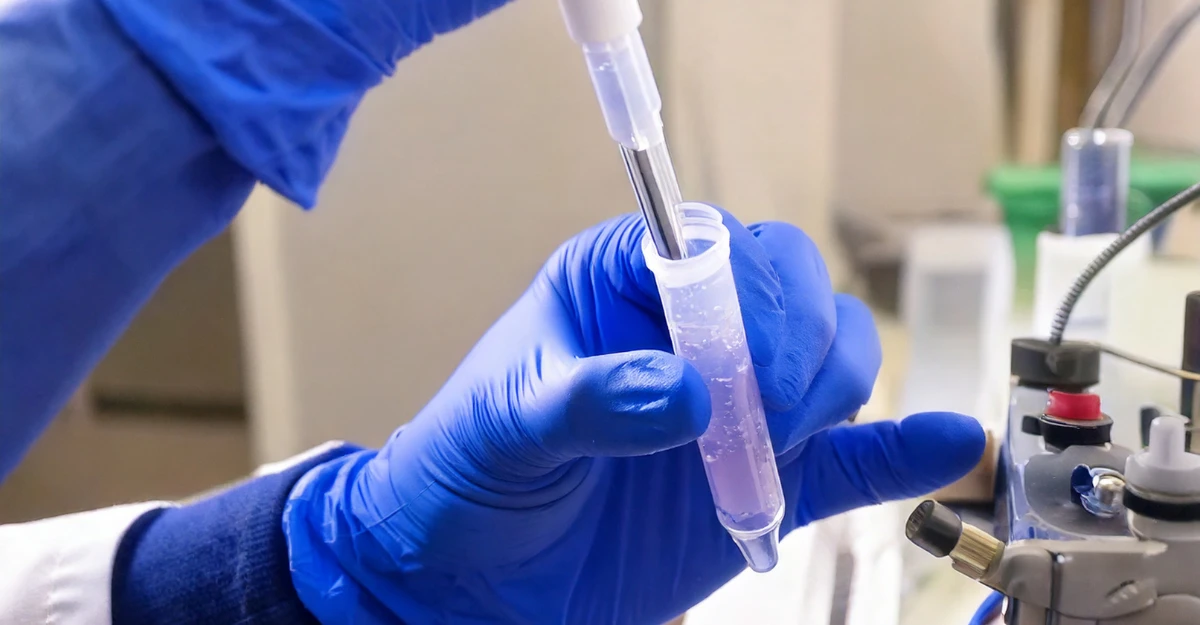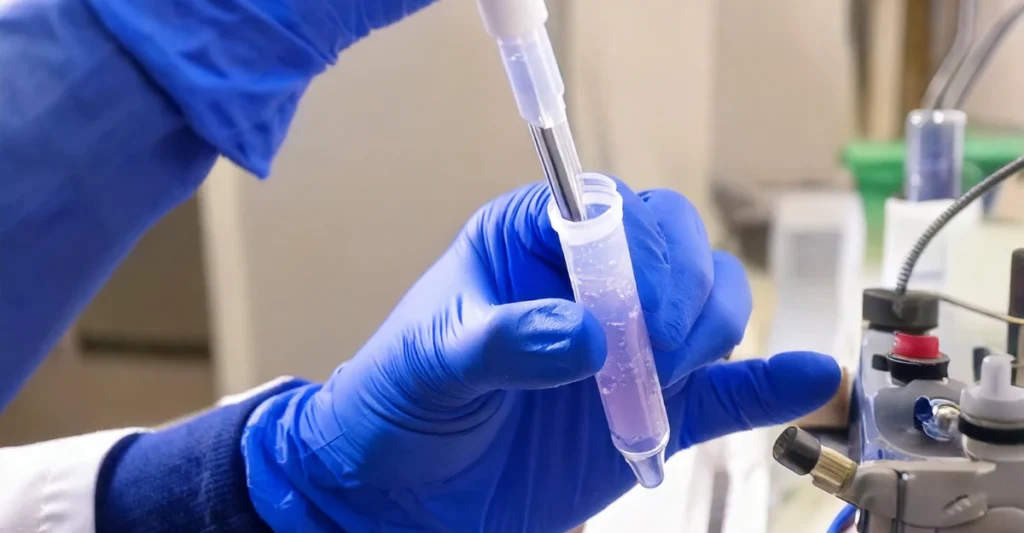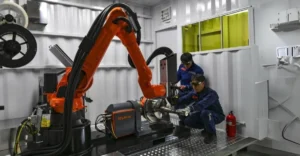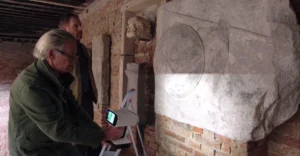Now, scientists are helping speed up drug discovery process by developing a 3D bioprinting method.
Researchers at the Massachusetts Institute of Technology have introduced an innovative 3D bioprinting method that greatly speeds up the drug discovery process, allowing researchers to develop drugs in half the time.
The research team, led by Dr. Elena Rodriguez, presented their findings Thursday at the International Conference on Biomedical Engineering in Boston. Their technology creates precise replicas of human tissue using specialized bioinks containing living cells.
Most drug testing today uses animal models, but “these don’t always apply well to humans,” Rodriguez said. “They’re saying our bioprinted biosystems were mimicking human physiology to an unprecedented degree, and that gave way to much more relevant drug testing.
The system prints layers of human cells to create functional tissue samples that respond to medications similarly to actual human organs. Early tests show the bioprinted tissues detected drug toxicity issues that conventional testing methods missed.
Pharmaceutical giant Merck has already partnered with MIT to implement the technology in their development pipeline. Company spokesperson James Chen confirmed they’ve reduced testing timeframes from months to weeks for several drug candidates.
The FDA has expressed cautious optimism regarding the potential of the technology. “More validation is warranted,” Dr. Sarah Johnson, the F.D.A. commissioner, said in a statement, “but this has the potential to be a significant step forward to help bring safer drugs to patients sooner.”
The research team is currently developing tissue models for liver, heart, and brain, with plans to create more complex multi-organ systems. Experts estimate the technology could save pharmaceutical companies billions in development costs while accelerating the introduction of new treatments.
































